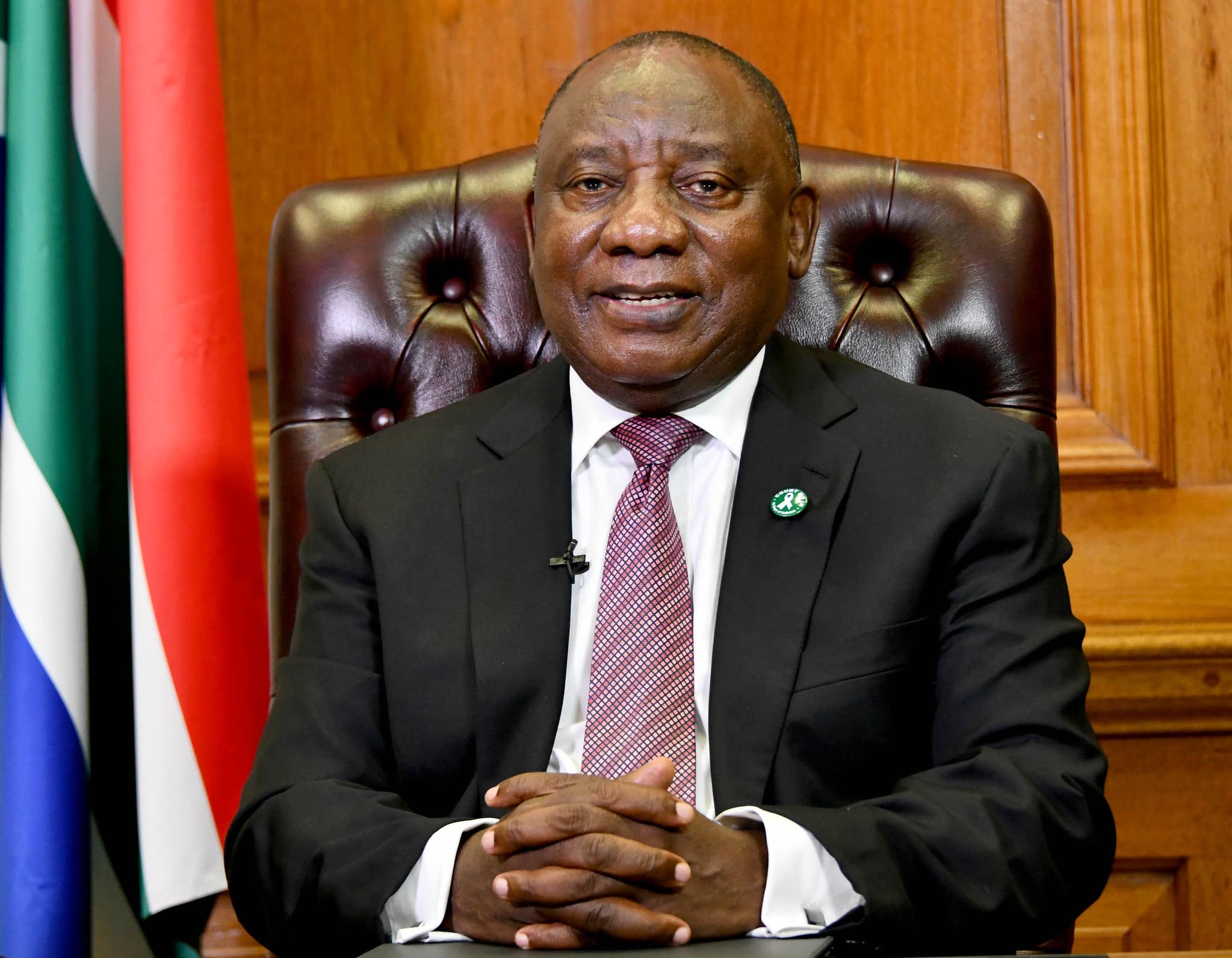This last Saturday evening, Inkatha Freedom Party (IFP) Member of Parliament (MP) Khethamabala Petros Sithole was assassinated during a meeting at Buyafuthi Hostel in Katlehong. He was 68 years old. Three unknown assailants opened fire, killing Sithole and injuring two others, one of whom remains in the hospital. Gauteng police are still investigating the incident, and no arrests have been made.
Political assassinations are not a new crime. They are targeted killings of people like politicians, activists, or whistleblowers because of their role. And Sithole’s murder adds to a long list in South Africa’s history.
A specialised team once operated in handling such cases. But earlier this year was disbanded under orders from Minister of Police Senzo Mchunu. The uMkhonto weSizwe Party condemned this move as undermining progress in tackling this “endemic issue”. Are they right?
Who was Khethamabala Petros Sithole?
Sithole has been a member of the party since 1979. His role before his death was as a member of the IFP’s national council and the party’s deputy chief whip in parliament.
“We have lost a trusted patriot and a diligent leader of the IFP,” says IFP spokesperson Mkhuleko Hlengwa.
Other tributes have since poured in. Parliament spokesperson Moloto Mothapo described Sithole as a “seasoned and principled public servant”, with ANC spokesperson Mahlengi Bhengu-Motsiri urging for law enforcement intervention to bring his killers to justice.
The rise of political assassinations in South Africa
In our most recent elections, political assassinations reared their ugly head.
The Global Initiative Against Transnational Organized Crime’s report on politically motivated killings recorded at least 10 politically related assassinations between January and April 2024. This was leading up to South Africa’s national elections in May and meant, on average, a person was killed every two weeks in this period. They have also documented a staggering 108% increase in targeted killings in South Africa.
“Previous analysis has shown that there are always spikes in political assassinations during election years, particularly in long-contested provinces such as KwaZulu-Natal (KZN). The 2024 elections, the sixth national election in the country’s 30 years of democracy, have been earmarked as a potential watershed moment,” the report highlighted.
And it’s not just during national elections. Local elections see a spike in targeted killings as well. Since 2000, The Africa Reports notes that 54 councillors and 103 municipal workers in South Africa have been shot and killed in attacks linked to politics.
“These spikes are the result of the fierce competition for local government positions and access to municipal finances.”
And as illustrated above, KZN is a volatile province for political assassinations. While South Africa as a whole has seen 488 politically-motivated assassinations from 2000 to 2023, KZN alone was hit with 19 murders in 2023. In contrast, Mpumalanga has three.
What are the reasons? Well, they vary. Common motives, however, include removing political rivals, scaring off voters, fighting over local government contracts, targeting officials in charge of those contracts, and silencing whistleblowers, especially at the municipal level.
Do they get justice? Well, South Africa’s justice system is overburdened, with only 15% of all murder cases being solved during 2022/23. Data is limited on arrest and conviction rates for targeted killings.
Political assassinations are a stain on SA’s history
South Africa’s radically political active history correlates to the level of targeted killings we’ve experienced.
During Apartheid, freedom fighters were often silenced by offended civilians, political rivals or the state itself. Notably, military commander, politician and revolutionary Chris Hani was assassinated in 1993 while stepping out of his car at his home in Boksburg, by radical right-wing Polish immigrant Janusz Waluś. The South African apartheid government targeted activist and scholar Ruth First with a letter bomb that killed her.
More recent examples include the leaders of Abahlali baseMjondolo, a socialist shack dwellers activist movement. Since its inception in 2005, at least 24 of its members have been killed.
Then there is Loyiso Nkohla, a former politician who was shot and killed while attending a community meeting at the Philippi railway station in Cape Town in 2023. He was reportedly targeted because of his involvement in efforts to relocate people living along the Central Line train tracks.
And whistleblower Babita Deokaran was shot 12 times for standing against corruption happening within the Gauteng Department of Health. Her role as chief director of financial accounting made her a prime target.
Sithole’s assassination is not just a tragic loss for his family and party — it’s a reminder that violence remains a disturbingly persistent feature of South African politics. Despite our democratic progress, the old ghosts of targeted killings and political silencing continue to rear their heads, especially around election cycles and in hotly contested provinces like KZN.
With specialised units disbanded and cases often left unresolved, one can’t help but ask: are we doing enough to stop this? If the murder of a sitting MP doesn’t sound the alarm, what will? South Africa’s future depends not just on casting votes, but on protecting those who dare to stand for something.
Lona is a recent graduate with an Honours degree in Journalism and Media Studies from Wits University. Passionate about storytelling, she is eager to learn, grow, and hone her writing skills.
- Lona Sokanyile




